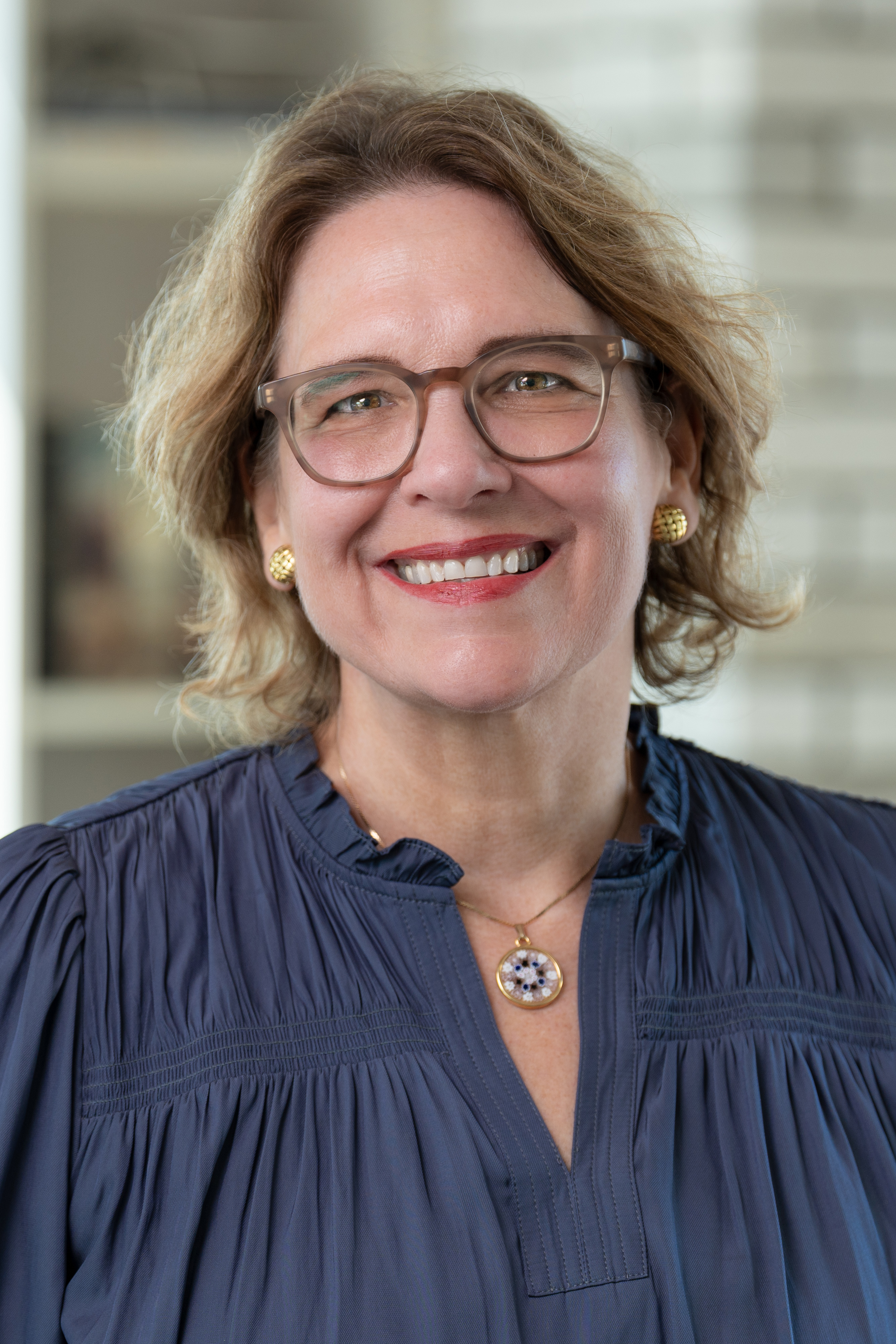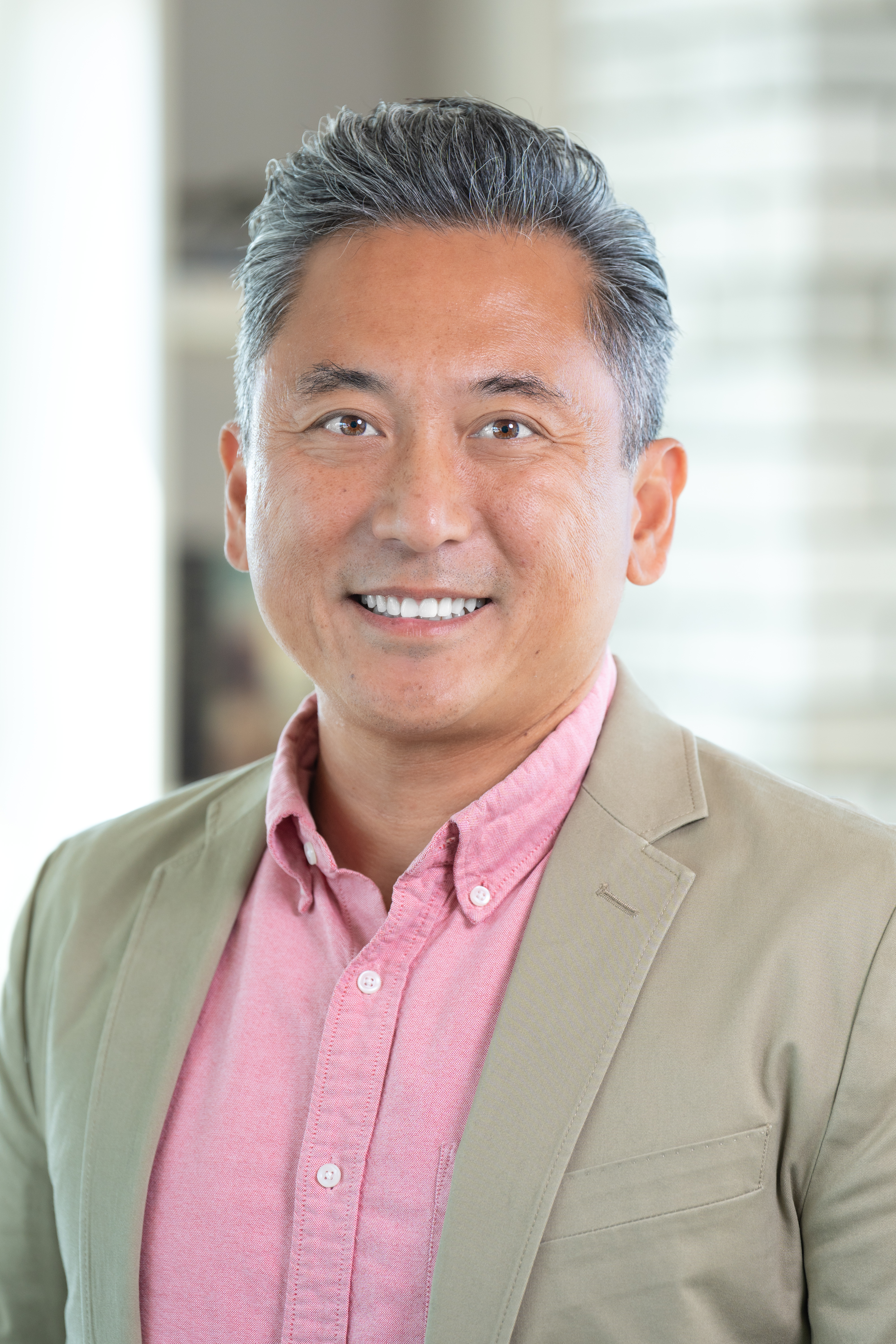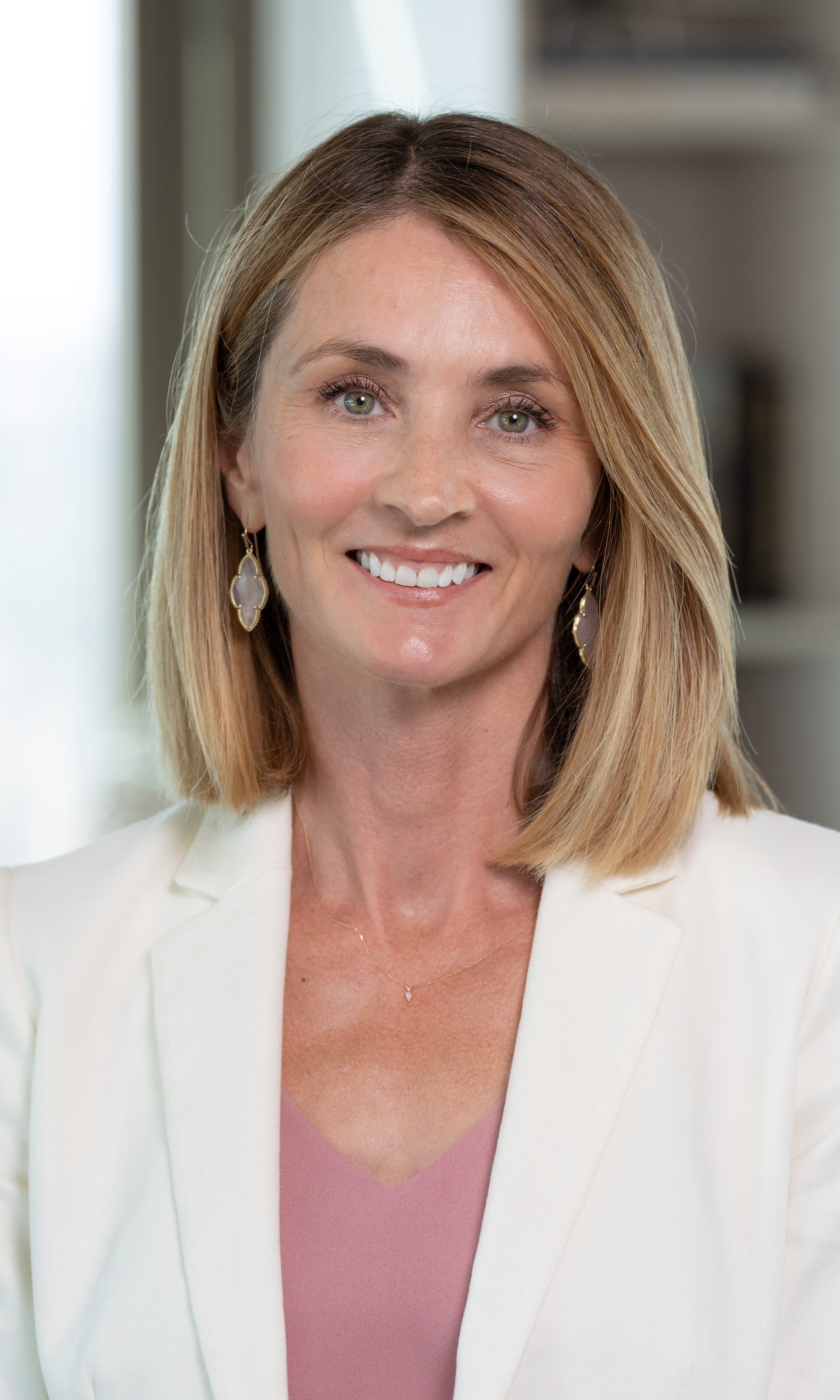-

Alison A. Moore, MD, MPH, FACP, AGSF Director, Stein Institute for Research on Aging
Larry L. Hillblom Chair in Geriatric Medicine
Professor of Medicine
Chief, Division of Geriatrics, Gerontology and Palliative Care
University of California San DiegoAlison A. Moore, MD, MPH, FACP, AGSF, is a Professor and Chief of the Division of Geriatrics, Gerontology and Palliative Care and is also Vice Chair of Justice, Equity, Diversity and Inclusion in the Department of Medicine. She holds the Larry L. Hillblom Chair in Geriatric Medicine. She is a geriatrician who provides primary and consultative care to older adults and a public health researcher whose work focuses principally on older adults and their use of alcohol and now cannabis. She also has interests in healthy aging, gerontechnology to support independence, health equity, dementia, and aging with HIV. Dr. Moore has a passion for mentorship and in 2019; she was awarded the UC San Diego Health Sciences Faculty Excellence in Mentoring Award. She is a Principal Investigator of an NIA-funded Alzheimer's Disease Resource Center for Minority Aging Research (P30AG059299), a Medical Student Training in Aging Research (MSTAR) Program (T35AG026757), Co-Director of an NIA-funded training program focused on aging women and men (T32AG058529) and has been the recipient of a K24 Midcareer Award in Patient-Oriented Research from NIAAA (K24AA15957). She is an elected member of the Board of Directors of the American Geriatrics Society, a member of the NIA-funded Clinician-Scientists Transdisciplinary Aging Research (Clin-STAR) Mentoring and Career Development Core, and the NIA-funded Research Centers Collaborative Network (RCCN) Executive Committee.
Dr. Moore graduated from Tulane University Schools of Medicine and Public Health and Tropical Medicine with a combined MD/MPH, completed her residency in general internal medicine at Rhode Island Hospital/Brown University, a geriatric medicine fellowship at the VA-UCLA Multicampus Program in Geriatric Medicine and a health services research fellowship at the UCLA Robert Wood Johnson Clinical Scholars Program. She was a faculty member in the Department of Medicine, Division of Geriatrics at UCLA until her recruitment to UC San Diego in 2016.
Leadership
-

Anthony Molina, PhD, Scientific Director, Stein Institute for Research on Aging
Anthony Molina, PhD, is a Professor of Medicine at UC San Diego and serves as the Research Chief in the Division of Geriatrics, Gerontology, and Palliative Care. In 2022, he was appointed Scientific Director for the Stein Institute for Research on Aging and the UC San Diego Center for Healthy Aging. In this role, he oversees a diverse portfolio of aging-related research programs. He serves as the Principal Investigator for the Successful AGing Evaluation (SAGE) study, a prospective longitudinal cohort study that has enrolled over 2000 adults across San Diego County. The SAGE study aims to identify factors that influence trajectories of healthy longevity. He also provides research leadership for a unique “Living Laboratory” that is located in Belmont Village, a San Diego senior living community. In addition to enabling research in real world environments, the Living Lab allows scientists to partner with residents in the design and conduct of studies focused on improving care for older adults.
The overarching goal of Dr. Molina's research team is to advance evidence-based interventions for promoting healthy longevity and to improve precision healthcare for older adults. His team is leading efforts to: 1) understand the factors driving the cognitive and physical abilities of older adults, 2) develop improved diagnostic and prognostic tools, 3) identify and test strategies for promoting human resilience, and 4) create resources to support aging research.
-

Danielle Glorioso, LCSW Executive Director
Danielle K. Glorioso is a Licensed Clinical Social Worker with extensive experience in aging, community health, and clinical research. Since joining UC San Diego in 2001, she has taken on a leadership role as the Executive Director of the Center for Healthy Aging and the Stein Institute for Research on Aging. In this capacity, Ms. Glorioso oversees a wide range of operations including strategic planning, organizational development, community outreach, training, philanthropy, communications, and marketing.
She is also a certified therapist in prolonged grief disorder, specializing in manualized interventions. One of her major accomplishments includes leading the research and development of a licensed, evidence-based six-week program designed to enhance resilience, compassion, and self-compassion among older adults. This intervention, which has undergone nearly a decade of research, has been tested and validated in various community settings, including among older adults in group and individual settings. Through her work, Danielle has made significant contributions to improving the mental health and well-being of older adults